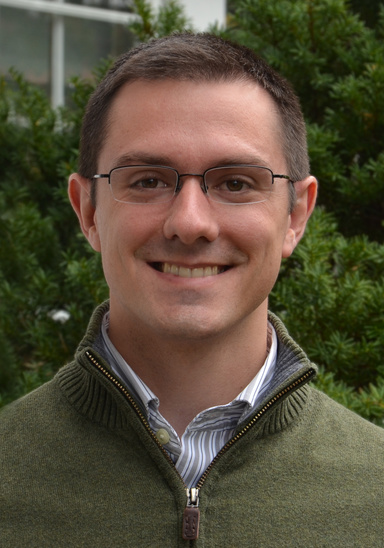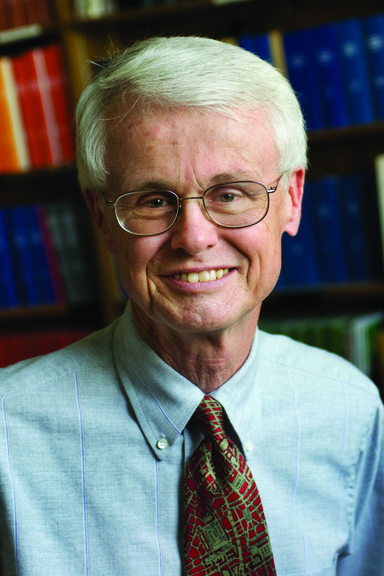Just a generation ago, hometown Iowa had a different look and feel. Today, many Iowa communities, both large and small, search for ways to regain and sustain vibrancy.
Common struggles include declining employment opportunities, fewer family farms, and susceptibility to flooding and other extreme weather. For some towns, decreases in population make it harder to fund and staff basic services like schools, hospitals, and libraries.
In response, the University of Iowa’s Iowa Initiative for Sustainable Communities (IISC) has launched a new effort to assist Iowa municipalities with long-term sustainability projects. Broad in scope, these collaborative projects will encompass economic, environmental, social, and cultural needs of Iowa communities.
Since 2009, the IISC—the civic engagement branch of the School of Urban and Regional Planning—has joined with communities to identify, design, and implement sustainability-focused planning projects. Graduate students in the master’s program in planning have worked directly with partners in eight Iowa communities: Anamosa, Burlington, Charles City, Columbus Junction, Decorah, Dubuque, Oskaloosa, and Wellman.
Now the IISC will serve as the hub for campus-wide civic engagement initiatives in Iowa, including towns in central and western portions of the state. Projects stemming from IISC will bolster the state’s sustainability goals.
"The governor and I have set ambitious goals of creating 200,000 new jobs and reducing the size of government by 15 percent. The IISC program is a great economic and environmental tool for communities and businesses to increase their vibrancy in local economic growth," says Iowa Lt. Gov. Kim Reynolds.
Expanding the IISC’s work to include campus-wide expertise is made possible through funding from the UI’s strategic initiative Better Futures for Iowans, which selectively funds UI outreach projects that improve the life of Iowans.
“The Iowa Initiative for Sustainable Communities is an exciting project that will tap resources across the UI campus. We are hopeful that the program will continue to grow involving all colleges, thus providing an excellent learning experience benefiting students, local communities, and our faculty,” says Chet Rzonca, associate provost and dean of Continuing Education and administrator of the Better Futures for Iowans initiative.

“The IISC’s work serves as both a sustainability effort and a civic engagement effort on behalf of the university,” says Nick Benson, program coordinator of the IISC. “Not only are we enhancing the ability of Iowa communities to become more sustainable, but we are also encouraging UI students and faculty to take their studies and their research beyond the university and really make a difference in communities across Iowa.”
Benson, who holds both a master’s in urban planning and a law degree from the UI, envisions working with many UI programs to match university expertise with specific needs in Iowa towns.
“Art and art history, business, education, engineering, Hancher, journalism, law, public health—these are just a few of the UI departments that could contribute, because sustainability includes economic, environmental, social/cultural issues. You can’t get at that comprehensive triangle without a campus-wide initiative,” Benson says.
The IISC has worked extensively with the city of Dubuque for the past year. Those projects will serve as templates to forge similar collaborations with other Iowa communities.

“This is an opportunity for the the IISC to build on its successes in Dubuque, where our students conducted five sustainability studies that yielded specific, practical recommendations for the city’s next steps toward sustainability,” says Charles Connerly, director of the School of Urban and Regional Planning.
Work in Dubuque will continue this academic year, with plans to involve faculty and students from other UI programs of study.
“This partnership with the University of Iowa is going to pay big dividends for the city of Dubuque. Given our positive experience with the School of Urban and Regional Planning last year, we have full confidence that expanding the scope of our work to include other colleges and departments will yield great rewards,” says Roy Buol, Mayor of the city of Dubuque.
To expand the IISC’s collaborations across Iowa, Benson plans to find additional community partners. “As our work in Dubuque continues, we’ll be able to connect with other communities that will be able to benefit, as well.”
Taking a holistic view of community, the IISC will seek connections not only with city governments, but also with organizations that serve Iowans. Benson explains, “As the IISC expands, we are looking at connecting with nonprofits, companies, and other entities in the communities that may not be confined by the boundaries of the community itself.”
The IISC will present its new initiative at the Iowa American Planning Association Conference in November. The School of Urban and Regional Planning, part of the Graduate College, will continue to oversee the IISC’s efforts, helping to guide campus collaborations with Iowa municipalities.
For research results from the IISC’s five 2011-2012 sustainability projects with the City of Dubuque, visit www.urban.uiowa.edu/content/2011-2012-Dubuque-Initiative-Project-Details.